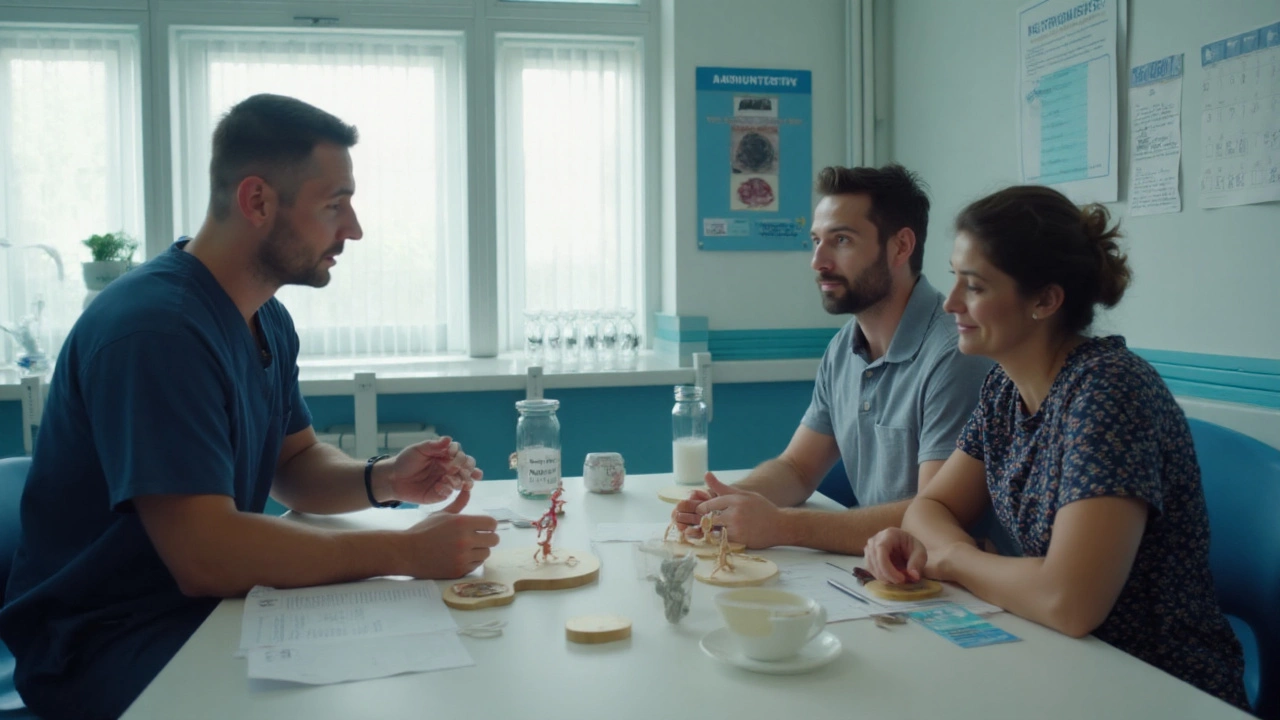Surgery Risks – What You Need to Know Before Going Under
Thinking about an operation? The idea of a scalpel can be scary, and it’s normal to wonder about the risks. Knowing the right facts helps you stay calm and make smart choices. Let’s break down the biggest hazards and what you can do about them.
Common Surgery Risks
Every operation carries a chance of infection, bleeding, or a reaction to anesthesia. Even simple procedures can lead to a wound infection if bacteria get in, while more complex surgeries may cause heavy bleeding – think liver transplants or the procedures listed in "Which Surgery Is the Bloodiest?". Nerve damage, blood clots, and scarring are also on the list.
Some risks depend on where you’re having the surgery. Private hospitals in the US, for example, often have faster response teams, but they can still face the same complications as NHS facilities in the UK. Factors like age, existing health conditions, and lifestyle choices amplify the chance of problems.
How to Reduce Your Risk
First, have a frank chat with your surgeon. Ask why the operation is needed, what alternatives exist, and how they plan to handle possible complications. Knowing the exact steps makes the whole process feel less like a mystery.
Follow pre‑op instructions to the letter. If you’re told to stop smoking, skip the cigarettes – smoking raises infection rates and slows healing. Likewise, control blood sugar if you have diabetes, and keep any blood thinners under doctor supervision.
During the operation, ask if a specialist anesthetist will be present. An experienced anesthetist can spot early signs of trouble and adjust medication, lowering the chance of a bad reaction.
After the surgery, watch the incision closely. Redness, swelling, or a fever could mean an infection. Call your health team right away – early treatment prevents a small issue from becoming a big one.
Staying active, as advised, helps reduce blood clots. Simple leg lifts or short walks, when cleared by your surgeon, keep circulation moving and speed up recovery.
Lastly, keep all follow‑up appointments. The surgeon will check how the wound is healing and catch any hidden complications before they get serious.
Understanding surgery risks doesn’t mean you’ll avoid every problem, but it gives you a solid plan to stay safe. Use these tips, ask questions, and you’ll go into the operating theatre with confidence rather than dread.
Top 5 Major Surgeries: Risks, Recovery, and Costs Explained
A clear, people-first guide to the top 5 major surgeries-what they are, why they’re done, risks, recovery timelines, and typical costs in 2025.
The Most Painful Cosmetic Surgeries for Women in the UK
Exploring the most painful cosmetic surgeries for women, this article delves into the challenges posed by procedures like tummy tucks and breast augmentations. We cover why these surgeries hurt, what to expect during recovery, and offer essential tips for managing pain effectively. With insights into the latest surgical advancements and recovery strategies, readers can better prepare for and understand the realities of undergoing these operations.


